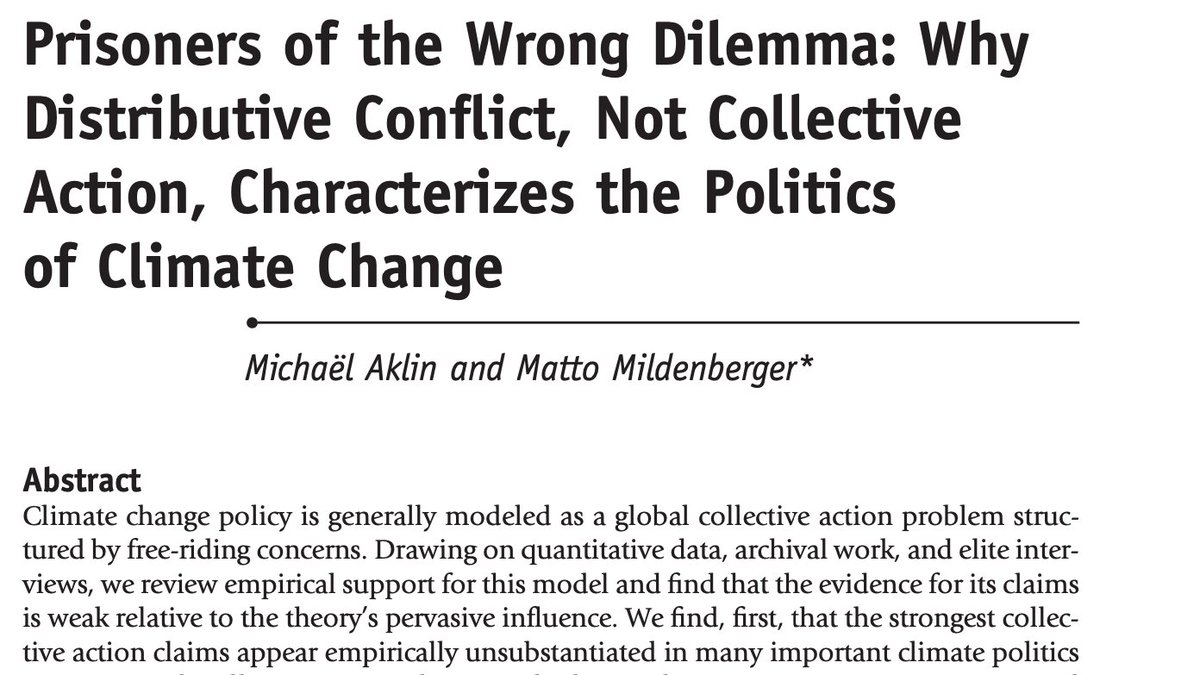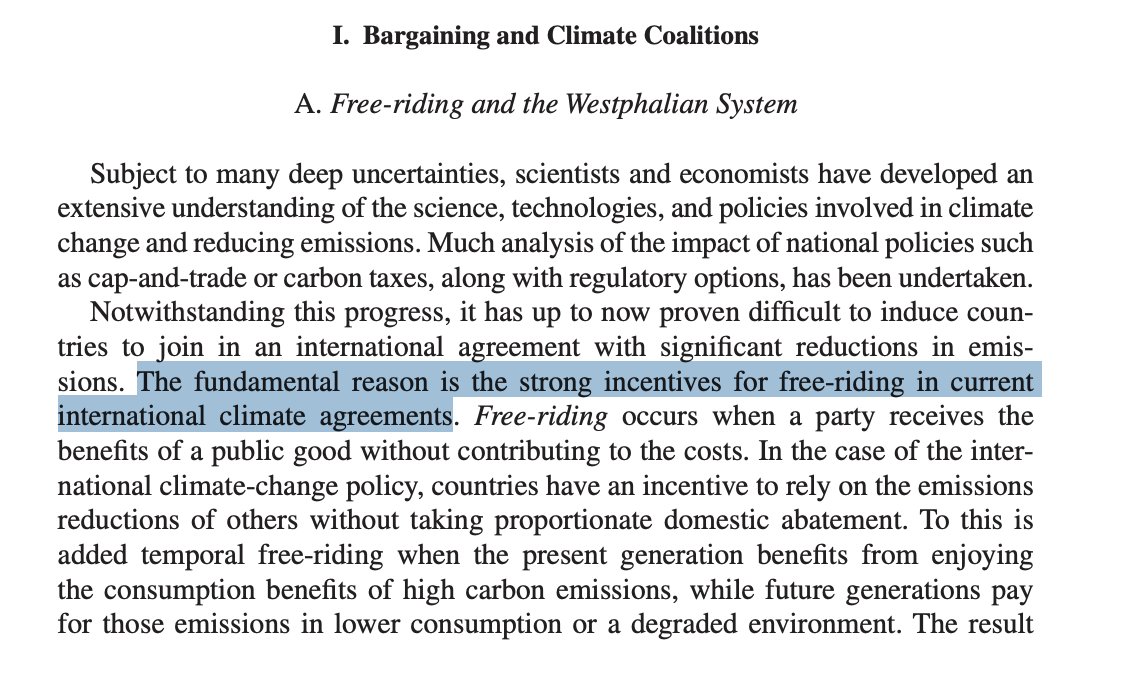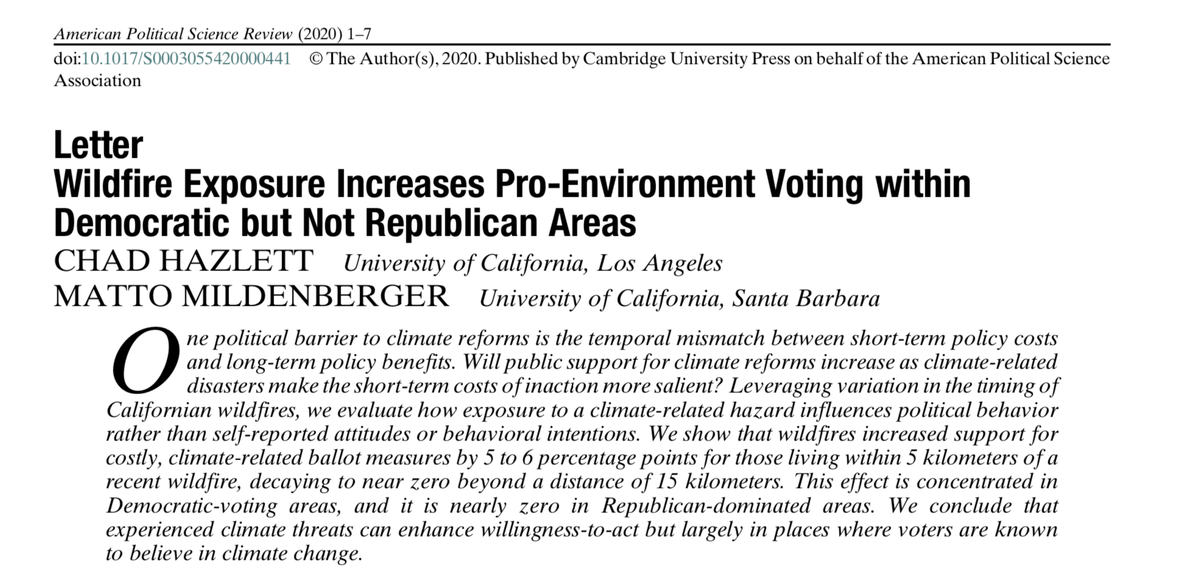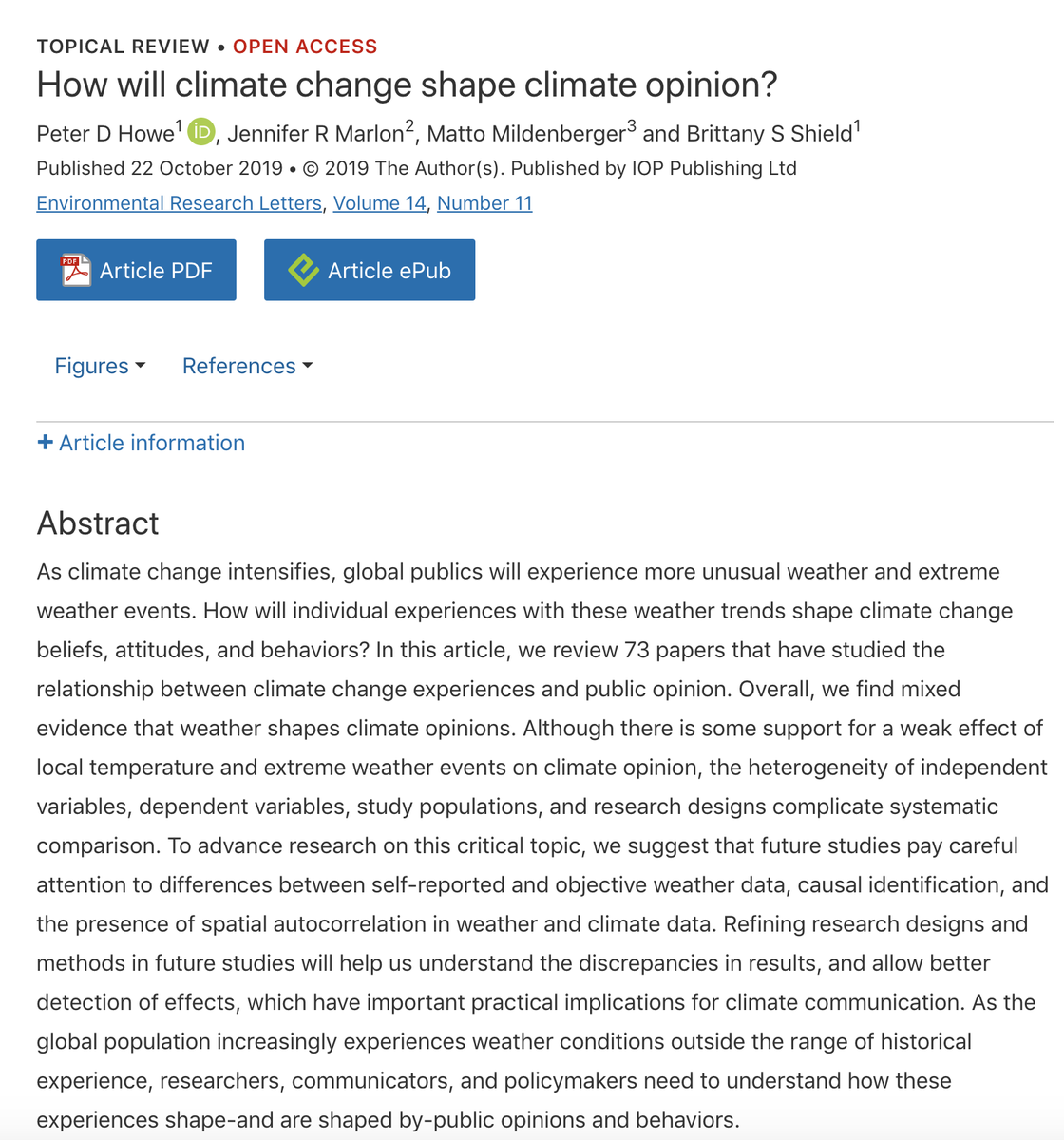My essay on carbon pricing in New Brunswick published today in @IRPP, part of a week-long series on Canadian carbon pricing policies. NB is a really interesting case - because it's about as difficult a case as possible 1/
https://twitter.com/IRPP/status/1148541067299627018
New Brunswick is small, its carbon emissions are dominated by a single company (Irving Oil), median income is the lowest in Canada, and total emissions are lower than many individual US point sources 2/
So a recipe for carbon pricing success in a context such as New Brunswick could provide valuable insights for climate policy-making in other difficult contexts. 3/
But this cooperation was shallow: The NB carbon “tax” was not clearly a carbon price. It didn’t increase the cost of releasing pollution into the atmosphere. It simply labelled a fraction of existing gasoline taxes as a carbon price 4/
Ultimately, the Trudeau government rejected the proposal as inadequate. Instead, NB consumers were included in the federal carbon tax and rebate “backstop.” 5/
The case of New Brunswick thus reminds us how difficult carbon pricing politics can be. Climate change policy requires governments to restructure their economy. Policies generate new economic winners and new economic losers. 6/
In New Brunswick, governments have not been willing to impose costs on the energy and forestry industries critical to the provincial economy, or on consumers. 7/
Instead, places like NB are more likely to develop carbon prices when swept up in broader national efforts. Federal systems allow political coalitions to impose costs on polluters in subnational units that wouldn't act alone. 8/8 policyoptions.irpp.org/magazines/july…
• • •
Missing some Tweet in this thread? You can try to
force a refresh













